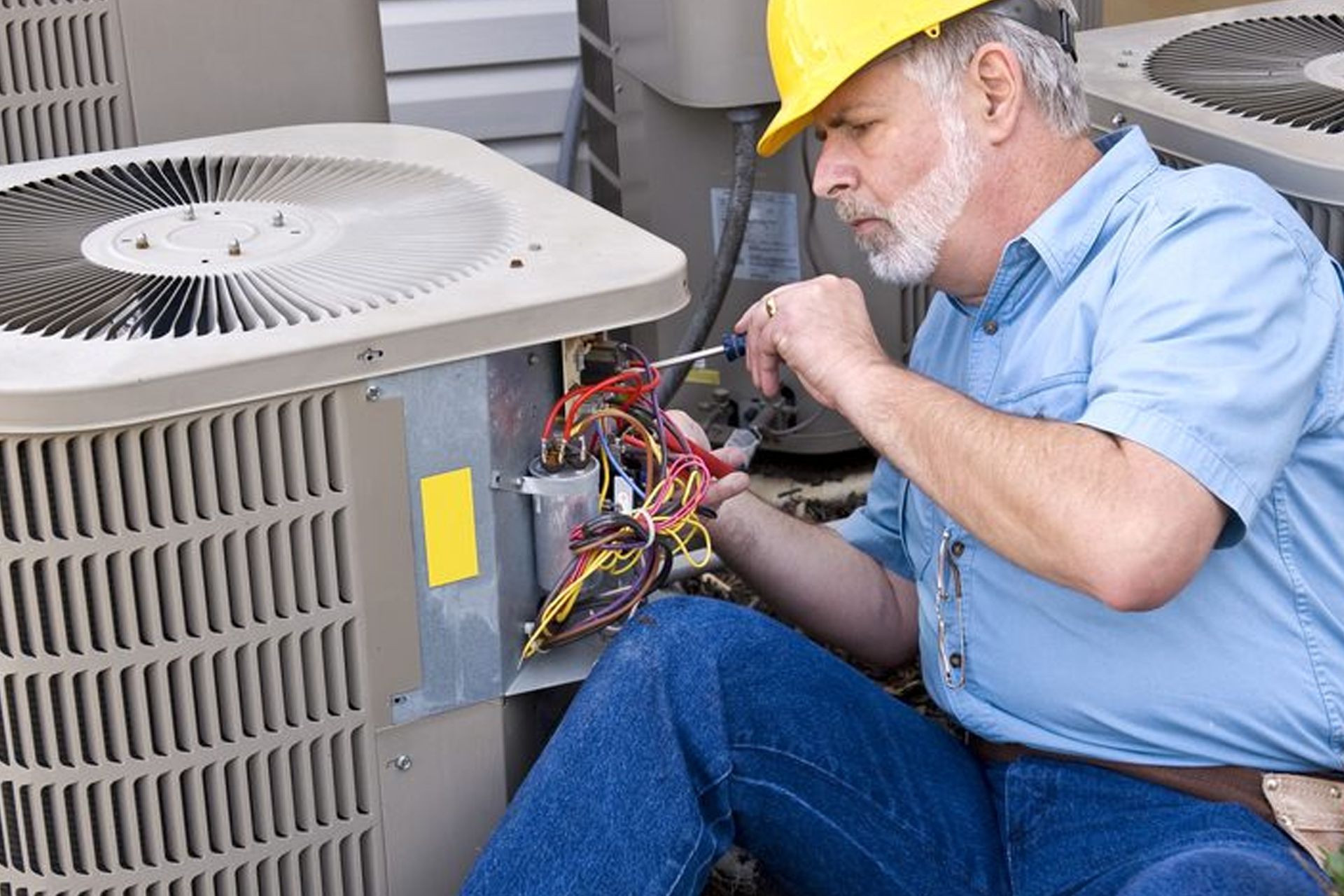What You Should Know About Heat Exchangers
Heat exchangers play a vital role in various industrial and commercial applications, allowing for efficient heat transfer between two fluids without mixing them. Whether you're an engineer, a business owner, or simply curious about this technology, understanding how heat exchangers work and their benefits is essential. In this blog post, we'll provide you with a comprehensive guide on heat exchangers, their types, applications, and key considerations.
What is a Heat Exchanger?
A heat exchanger is a device designed to transfer heat between two or more fluids, which can be liquids or gases. It facilitates heat exchange by ensuring that the two fluids remain separate and prevent any mixing. Heat exchangers are used in a wide range of industries, including HVAC, chemical processing, power generation, refrigeration, and more.
How Do Heat Exchangers Work?
Heat exchangers work on the principle of thermal energy transfer from one fluid to another. They consist of two channels, one for each fluid, separated by a conductive barrier called a "heat transfer surface." The heat transfer surface allows the exchange of thermal energy between the fluids without direct contact. The heat is transferred through conduction, convection, or radiation, depending on the specific type of heat exchanger.
Types of Heat Exchangers:
a) Shell and Tube Heat Exchangers: This type of heat exchanger consists of a shell (a cylindrical vessel) and tubes inside it. One fluid flows through the tubes, while the other flows around the tubes in the shell. Shell and tube heat exchangers are known for their versatility and are commonly used in various applications.
b) Plate Heat Exchangers: Plate heat exchangers use a series of metal plates with large surface areas to transfer heat between the fluids. The plates create multiple flow channels, allowing for efficient heat transfer. These heat exchangers are compact, lightweight, and offer high heat transfer coefficients.
c) Finned Tube Heat Exchangers: Finned tube heat exchangers have tubes with external fins that increase the heat transfer surface area. These fins enhance heat transfer efficiency and are commonly used in air conditioning and refrigeration systems.
d) Air Cooled Heat Exchangers: As the name suggests, air cooled heat exchangers use air as the cooling medium. They are often used in applications where water is scarce or its usage is impractical. These exchangers typically have finned tubes exposed to ambient air for heat dissipation.
Applications of Heat Exchangers:
Heat exchangers find extensive use across multiple industries. Some common applications include:
- HVAC systems: Heating, ventilation, and air conditioning systems use heat exchangers to control indoor temperatures efficiently.
- Chemical processing: Heat exchangers play a crucial role in various chemical processes, including distillation, condensation, and evaporation.
- Power generation: Heat exchangers are used in power plants to transfer heat from steam to water and improve overall energy efficiency.
- Refrigeration and cryogenics: Heat exchangers are essential components in refrigeration systems, allowing for the removal or addition of heat to achieve desired temperatures.
- Automotive industry: Heat exchangers are used in engine cooling systems and air conditioning systems of vehicles.
Key Considerations when Selecting a Heat Exchanger:
When choosing a heat exchanger for a specific application, several factors need to be considered, such as:
- Thermal performance requirements
- Fluid compatibility and fouling potential
- Pressure and temperature ratings
- Size and weight constraints
- Maintenance and cleaning requirements
- Cost-effectiveness and energy efficiency
Heat exchangers are critical devices that enable efficient heat transfer in various
Heat exchangers are critical devices that enable efficient heat transfer in various industries and applications. Whether you're in HVAC, chemical processing, power generation, or any other field that relies on heat exchange, choosing the right heat exchanger is essential. For professional guidance and expert services in heating and air conditioning, trust C & G Heating & Air Conditioning in Columbus. Our team of experienced technicians can help you select, install, and maintain the perfect heat exchanger for your specific needs. Contact us today at
(334) 614-3398,
(706) 538-4813 or visit our website at
https://www.candghvac.net/ to learn more and schedule a consultation. Experience the difference with C & G Heating & Air Conditioning and ensure optimal heat exchange performance in your operations.


